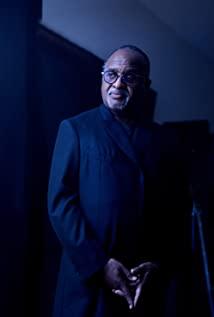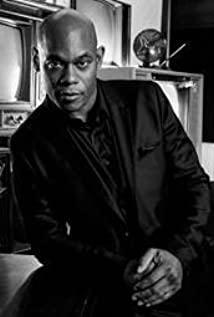From the little police officer who was scared at the first glance to killing the big villain with his own hands. He went from cowardice to bravery. At the beginning, his cowardice was because of his daughter. He still wanted to continue to protect his daughter. His cowardice stemmed from his sense of responsibility to the end. He had the courage to face the big villain and had a headshot. He was also to protect his family and because of his sense of responsibility, but he grew up. He understood that shrinking would not solve the problem. Real warriors dare to face the bleak life. Watson has also undergone a huge change from being bullied everywhere. Later, his younger brother and even the heartbroken deceived his wife to die for himself. His dramatic transformation is the most refreshing bright spot. It does not perish in silence, but erupts in silence. The honest man becomes a demon like the big villain after jumping out of the moral bottom line. From the prey He has become a hunter and even he is the only person who has truly won the big villain. On the whole, there is a strong philosophical meaning. For example, when the villain kills, the background music is sacred religious music. The riddles of the film are green and the shadow mystery is hunting. The honest man became the disguised identity of the hunter villain. The priest was fooled by the boss. In the end, his son really died of a big fish that has nothing to do with the villain. Use dialectical philosophical viewpoints to express the unknowable right and wrong of fate, indisputable these seemingly weird details build the soul of the play, the fullness of the skeleton of the story, and the purpose and clearly endow the profound meaning of the play.
View more about Fargo reviews











